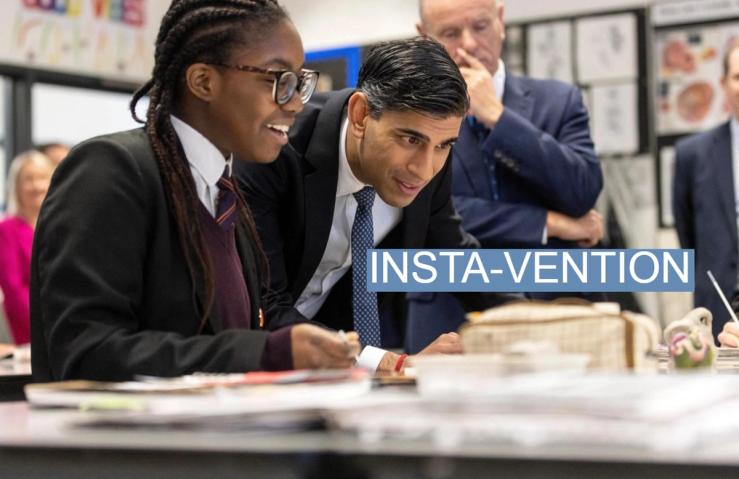The News
The U.K. government is considering a crackdown on social media for children under the age of 16, Bloomberg reports.
Prime Minister Rishi Sunak will reportedly convene his cabinet in January to discuss evidence showing the harmful effects of social media on young people’s mental health – and how to combat the danger.
Sources told Bloomberg that while an outright ban is unlikely, such a strict measure has “not been ruled out” – with tighter parental controls another possible option.
The revelations come after Britain’s National Crime Agency warned parents that social media giant Meta’s move to encrypt messages on Facebook and Instagram will make it harder to spot abuse – for example, by pedophiles masquerading as children.
SIGNALS
Big tech knows social media is toxic for teens
Meta – which allows children aged 13 and over to have accounts – knew Instagram was addictive and particularly toxic for teen girls, but publicly downplayed the risks to mental health, a 2021 investigation by the Wall Street Journal found. But most tech companies “haven’t been willing” to overhaul their platforms and introduce time restrictions or algorithm changes to steer teens away from “rabbit holes” that keep them scrolling, according to a Los Angeles Times editorial. If lawmakers are unable to solve the problem, then “lawsuits are the next logical step” to regulate Big Tech, the writers opine, highlighting the litigation brought forward by 41 states against Meta.
Social media bans “won’t keep kids safe”
Proposed bans are “based on moral panics” and “do nothing to help a child more successfully navigate in a digital world,” writes media psychologist Pam Rutledge. Lawmakers and Big Tech should instead focus on teaching children how to think critically about their online consumption, using these skills to self-regulate, deal with bullying, recognize manipulation, and identify misinformation. Bans could also have unintended consequences, such as giving Big Tech more private information in the name of verifying the identity and age of users.
Who has the power to decide what content is harmful?
As society discusses social media bans, we will inevitably need to discuss “what we’re willing to trade for them”, writes tech reporter Zeyi Yang. China, which heavily censors its internet, has not only enacted social media limits for teens but also regulates the content they can see, regularly removing LGBTQ posts, for example, claiming they promote “unhealthy and non-mainstream views on marriage and love.” In the U.S., LGBTQ teens are already raising the alarm, says Teen Vogue. Bills such as the Kids Online Safety Act are framed as protecting children – but pave the way for conservative politicians to sacrifice supportive online communities in the name of regulating teen access.



